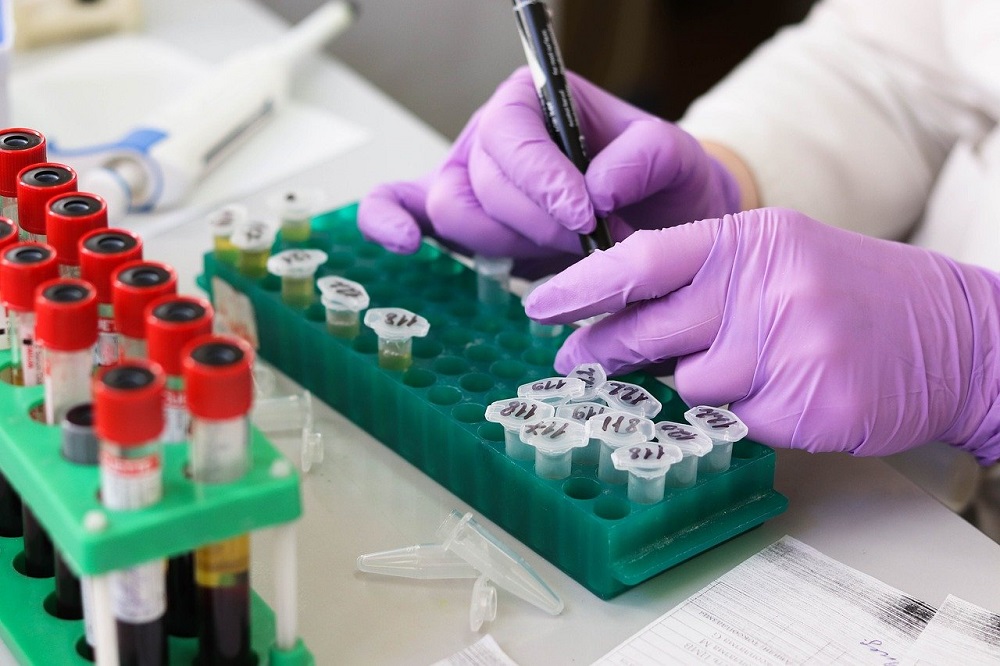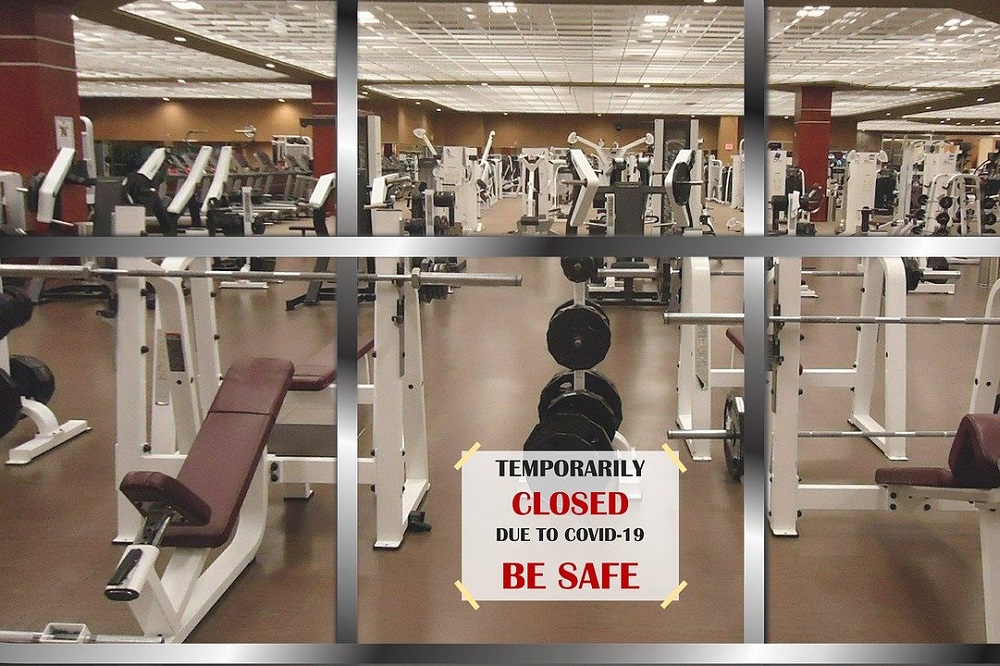News in brief: Warnings as new Covid variant continues rapid spread across Wales

Scientific advisors to the Welsh Government have warned of the continuing threat to public health posed by the spread of the Kent strain of Covid-19 across Wales in their latest report.
The Technical Advisory Group, which provides coordination of scientific and technical advice to support government decision makers during the pandemic, says that despite the fall in cases overall, the new variant that originated in the southeast of England during the summer, is now the dominant strain in Wales and is spreading rapidly.
The latest research tracking the virus mutation in southeast England concluded that once the Kent strain reached 25% of cases, it grew to 98% of cases in just three weeks. Preliminary evidence also suggested that the variant spreads faster than its predecessors and has continued to grow during the lockdown in England as other strains declined.
The spread of the new variant in Wales appears to be following a similar pattern as the TAG report notes: “Analysis of the new UK variant and other variants of the coronavirus indicates that the most recent decrease in Wales was driven by other variants. Cases compatible with the new variant appear to have increased in recent weeks.”
TAG also warns that cases of the new variant continue to increase in all parts of Wales, “forming around 70% of recent cases.
At Wednesday’s press briefing, the Welsh Government’s chief scientific adviser for health, Dr Rob Orford, said that in addition to the Kent variant, three other new strains are being monitored – one which originated in South Africa and two from Brazil.
So far there have been no case in Wales linked with the Brazilian mutations, but 10 people have been identified with South African strain.
TAG says “there is increasing evidence that immune responses to vaccine will be effective” against the Kent variant but warns of concern over the effectiveness of the current vaccines against “variants identified in South Africa and Brazil”.
Meanwhile, preliminary results from a Public Health England study concludes there is no statistically significant difference in hospitalisation and 28-day case fatality between cases with the Kent variant and previous “wild” strains of Covid.
Public Health Wales has confirmed 25 further deaths and 737 new positive tests for Covid since yesterday’s report.
Close to 15,000 people were reported to have received their first vaccine jab but this is likely to be considerably lower than then the actual figure due to technical issue affecting data entry into the Welsh Immunisation System.
Six newly reported deaths were recorded in both Betsi Cadwaladr and Swansea Bay Health boards, Hywel Dda reported five deaths and there were three in Aneurin Bevan, two in both Cardiff and Vale and Cwm Taf Morgannwg, and one in Powys.
Wrexham (76) had the highest number of new cases, followed by Cardiff (68) and Carmarthen (61).
Wrexham continues to have the highest weekly case rate in Wales at 417.8 per 100,000 people, down from 438.4 yesterday. It also has the highest positive test rate at 22.4 per 100,000 tests, up from 21.6%.
The weekly case rate in Wales has dropped from 177.3 yesterday to 160.6 and the positive test proportion is 12.6%

Man arrested over vaccine plant bomb scare
A 53-year-old man from Kent has been charged after a suspicious package was sent to a Covid-vaccine plant in Wrexham on Wednesday.
Anthony Collins from Chatham Hill, Chatham, is due to appear before magistrates after being arrested by Kent Police.
The factory that produces the Oxford-AstraZeneca vaccine had to be evacuated and a bomb disposal unit was reported to have visited the site after a suspicious package was discovered.
Mr Collins has been charged with dispatching an article by post with the intention of inducing the belief it is likely to explode or ignite.
In a statement, Kent Police said it was “not a viable device”.
Mr Collins, who has been remanded in custody, is due to appear at Medway Magistrates’ Court later today.
Wockhardt, the company that owns the plant said its production schedule had not been affected by the incident.

Details of £200 million businesses support package confirmed
The government has released further details of the £200 million package of support for non-essential retail, hospitality, leisure and tourism businesses impacted by the coronavirus pandemic.
The latest funding is linked to the non-domestic rates system and will operate as a top up to the Restrictions Business Fund which was launched in December.
Under the scheme businesses with a rateable value of £12,000 or under will be eligible to receive a payment of £3,000, rising to £5,000 for businesses with a rateable value between £12,001 and £150,000.
The government is also extending the £5,000 grant through to businesses with a rateable value of up to £500,000.
Supply chain businesses will be able to apply for support if they have had a reduction in turnover of more than 40%.
The combined package provides eligible businesses with an Non Domestic Rate of £12,000 or under with a £6,000 grant towards their operating costs, and an eligible business with an NDR rate of between £12,001 and £150,000 with a £10,000 payment.
This does not include, where eligible, businesses who have accessed the ERF Sector Specific Fund which would see a typical hospitality, leisure and tourism business with 10 employees receive up to an additional £15,000 meaning a £25,000 grant in total for the period.
A further £30 million is also being made available through the discretionary fund to provide up to £2,000 grants for businesses not on the non-domestic rates system.
‘Reassurance‘
Economy Minister Ken Skates said:” The additional £200 million we are making available will provide reassurance to firms across Wales and help them with their operating costs through to the end of March.
“Our support is in addition to that available from the UK Government, including the Job Retention Scheme and the Self Employment Income Support Scheme, and I encourage businesses to explore those options as well.
“I am also calling on the UK Government to provide further certainty to businesses and individuals by assuring that support available through interventions such as the Job Retention Scheme will not be withdrawn before the economy is ready.”
‘Roadmap’
Reacting to the announcement, Welsh Conservative Shadow Minister for Finance, Mark Isherwood said: “This has been a difficult period for our country, but as the vaccination rollout picks up pace and the finish line is in sight, it is for ministers in the coming weeks to lay out a roadmap to economic recovery in Wales.
“While a step in the right direction, the assistance outlined for businesses in the package doesn’t go far enough nor does it go for long enough, nor does it help all businesses. The businesspeople who contact me and my Welsh Conservative colleagues want solutions and real-world help, not the sticking plasters offered by Labour.”

South Wales Police seeking big funding jump
Anthony Lewis, local democracy reporter
South Wales Police want to increase the money it takes from taxes by an inflation busting 5.5%.
Proposals set to go before the South Wales Police and Crime Panel next Wednesday, are recommending the increase of £1.25 a month in the police precept for Band D properties.
The proposals include a revenue budget for 2021/2022 of £327.9 million and a capital programme for 2021/22 of £43.7 million including the use of £7.9 million of capital reserves.
The report set to go before the panel highlights that a majority of council tax-payers in most of the force’s local authority areas will pay much less than this, including 87% of households in Merthyr Tydfil.
The total police precept on council tax in 2021/2022 would be worth £144.2 million if the proposals are approved.
Here’s what the increase in precept will mean for each area of the force
- Cardiff would pay around £42.5 million with £147,794 coming from Band D properties
- Swansea would be the next largest contributor paying £27 million with £94,051 coming from Band D properties
- Rhondda Cynon Taf would contribute £22.2 million with £77,917.81 coming from Band D properties
- The Vale of Glamorgan would pay £17.6 million with £61,412 coming from Band D properties
- Bridgend would contribute £15.6 million with £54,329.46 coming from Band D properties
- Neath Port Talbot would pay £13.8 million with £48,163.46 coming from Band D properties
- And Merthyr Tydfil would contribute £5.3 million with £8,430.74 coming from Band D properties
This would mean Band A properties each paying a police precept of £191.81, B paying £223.78, C paying £255.75, D paying £287.72, E paying £351.65, F paying £415.59, G paying £479.53, H paying £575.43 and I paying £671.34
The inflationary and other cost pressures that South Wales Police normally faces are worth £12 million but for 2021/2022 the pay freeze will reduce the amount to £7.5 million.
The Home Office has provided a flat-cash settlement, with no allowance for inflation for the current South Wales Police infrastructure and this puts pressure on the precept increase in order to produce a balanced budget for the year, the report said.
The report also said that the Home Office has also given “flexibility” to police and crime commissioners in England to increase the precept by £15 for a Band D property, without the need for a local referendum.
For South Wales Police, this equates to a 5.5% increase which the report said recognises the fact that that the proposed settlement, including the increase in the precept and on the back of 40% real terms cut in police grant funding since 2010, is “essential just to maintain current levels of provision.”
Alun Michael the police and crime commissioner for South Wales said in the report: “I have weighed up all the relevant issues and the significant risks, balanced with the need to both protect and be fair to the taxpayers of South Wales, before coming to my proposal of a £1.25 per month increase per Band D properties in line with Home Office announcements. This will ensure a balanced budget.
“Our council tax property analysis shows that 68% of the residents in the South Wales Police area are below Band D and the majority would pay between 19 pence and 26 pence extra per week, excluding receipt of any council tax discounts or benefits.
“It is important to note that South Wales Police will continue to have below average cost for policing in Wales in terms of Band D property and is mid table in terms of percentage of precept to budget, across England and Wales.”

Support our Nation today
For the price of a cup of coffee a month you can help us create an independent, not-for-profit, national news service for the people of Wales, by the people of Wales.





